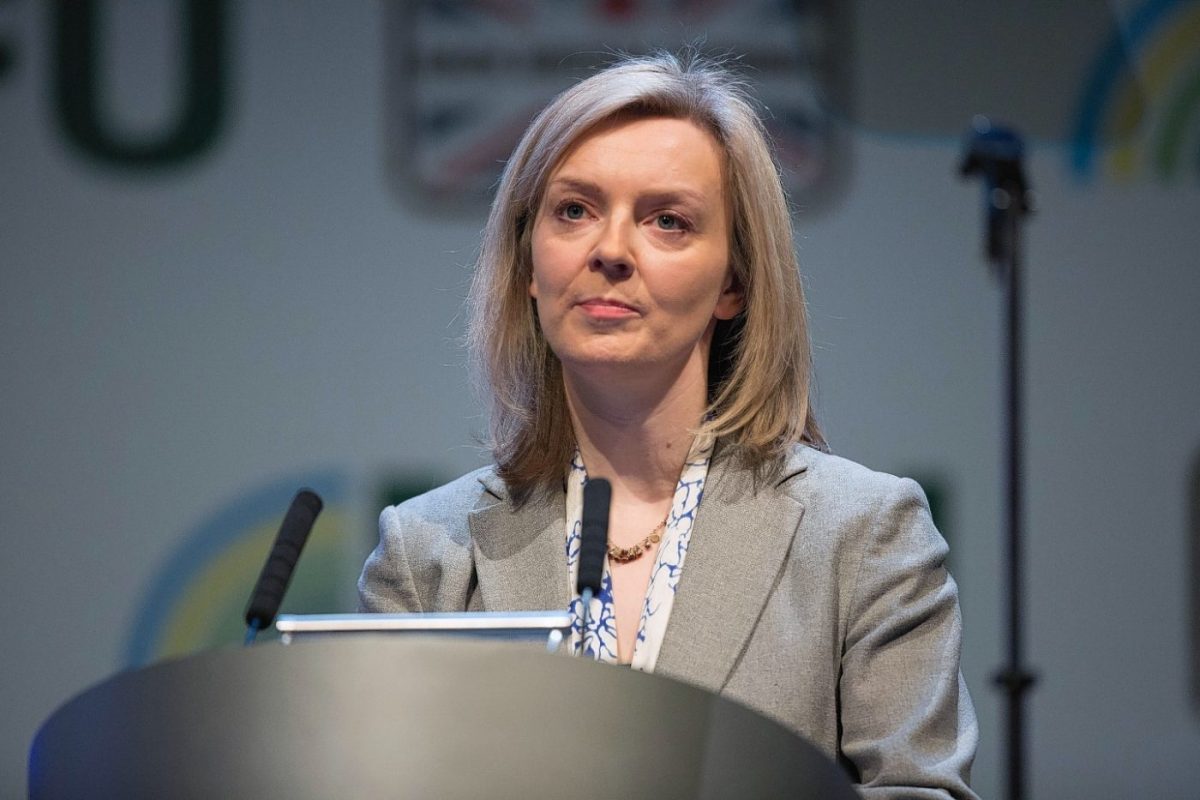Liz Truss would still be prime minister had she not pushed ahead with the mini-budget, which caused her economic experiment, the entire basis of her leadership mandate, to fail in full view of the country and the world.
I discovered that the independent Office for Budget Responsibility, OBR, had handed the new chancellor a draft forecast of the economic outlook on her first day in office, that might have effectively limited the ambition of the mini-budget. It had also offered to supply a forecast to accompany the mini-budget, showing its impact on the UK economy. Both of these moves were rejected.
Bafflingly, Ms Truss’s advisers believed that by eschewing the forecasts, the markets would simply ignore the massive £45 billion unfunded nature of her tax cuts. Instead it put a target sign on British assets. Downing Street was trying to mess with the controls of the British economy, at a delicate time in global markets.
So when the mini-budget was met with a crash in sterling and a massive blow-out in UK borrowing costs – a clear loss of market credibility – my private assumption was that there was going to be a mass U-turn on the strategy. A U-turn so violent that it could end her stay at Number 10.
UK borrowing costs shot up dangerously amid a crisis in a fairly unknown corner of the financial markets. It went up so much that the Bank of England had to intervene with emergency funding. This was a crisis.
The prime minister repeatedly made comments on the markets that would have sounded economically illiterate to anyone actually in the markets. To my colleague Laura Kuenssberg, she said that a chart of five-year government borrowing costs did not influence mortgages, that was about the Bank of England. This was staggeringly and alarmingly wrong. Five-year government bond yields form the floor for rates offered for a five-year fixed mortgage. I am told that officials involved in financial stability felt obliged to educate some very senior Cabinet ministers.
Above all, while there are global factors pushing up inflation and interest rates, and the strong dollar is a real challenge, this fragile moment in world economics rather points in the direction of caution, rather than giant policy risks.
Ultimately it was not the actual policy in the mini-budget that was the problem. It was the perception that Downing Street wanted to rip up the controls on the economy that had brought relative stability for a quarter of a century.
And here is the problem. The prime minister allowed herself into the position where the UK lost its anchor of market credibility. She was on the run from that day, chasing her own tail, unable fully to command the respect of our lenders.
The result is our national economic situation is worse. The fiscal gap is bigger. And tough decisions that would trouble the most competent, credible, and stable government need to be taken very quickly.
Some of the dissent within government was quelled by new Chancellor Jeremy Hunt. It is difficult to see how such discipline can survive a leadership contest. It is indeed possible that we have not seen the end of the chaos ignited by the brief Truss administration.
Source: BBC







